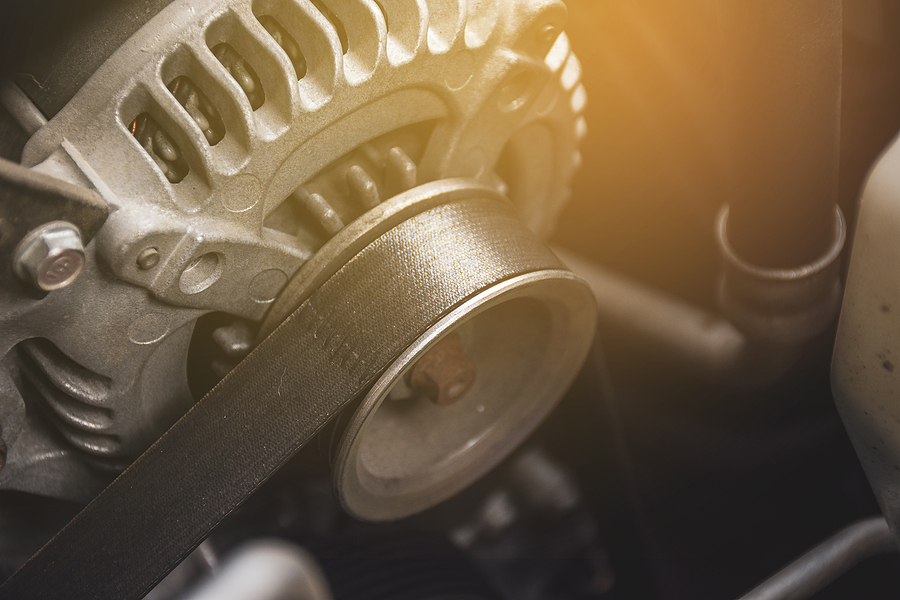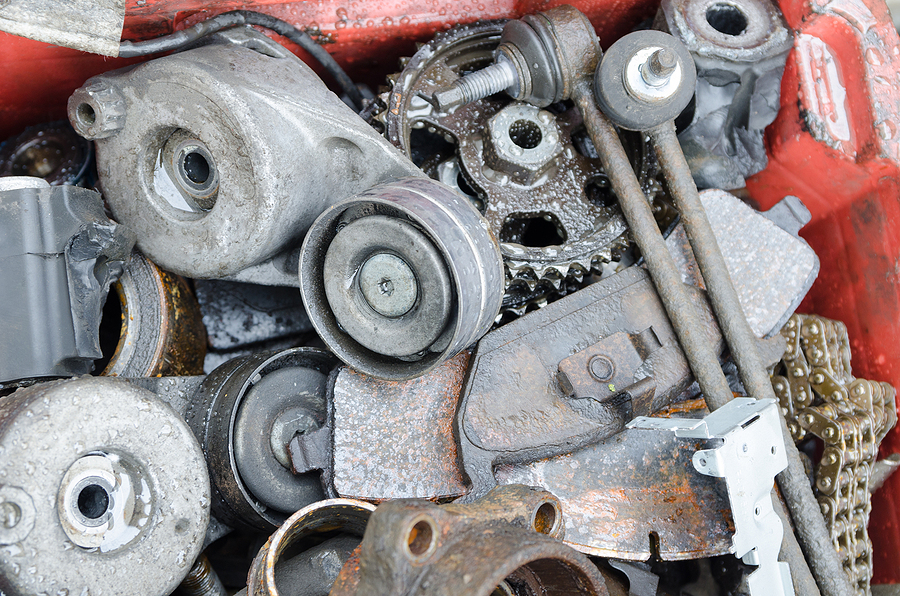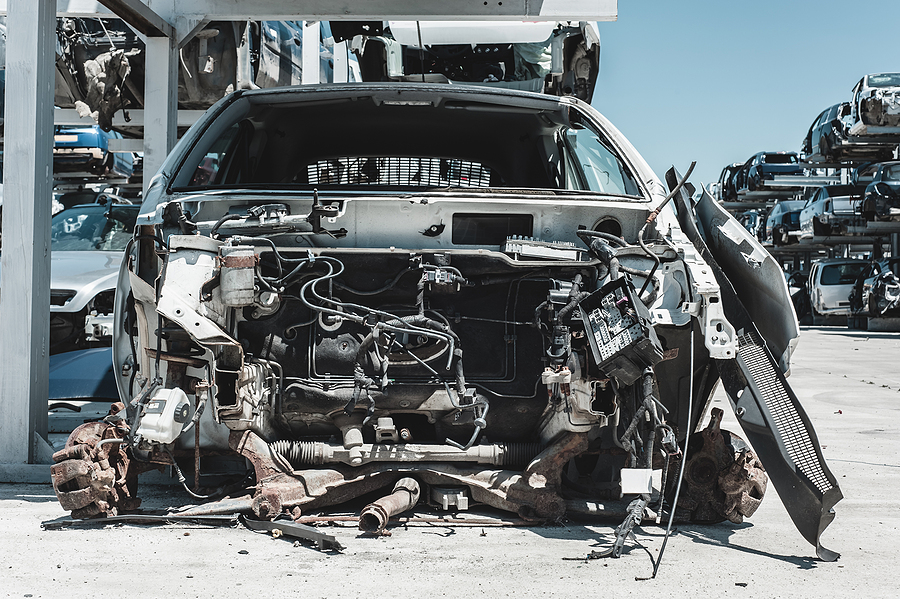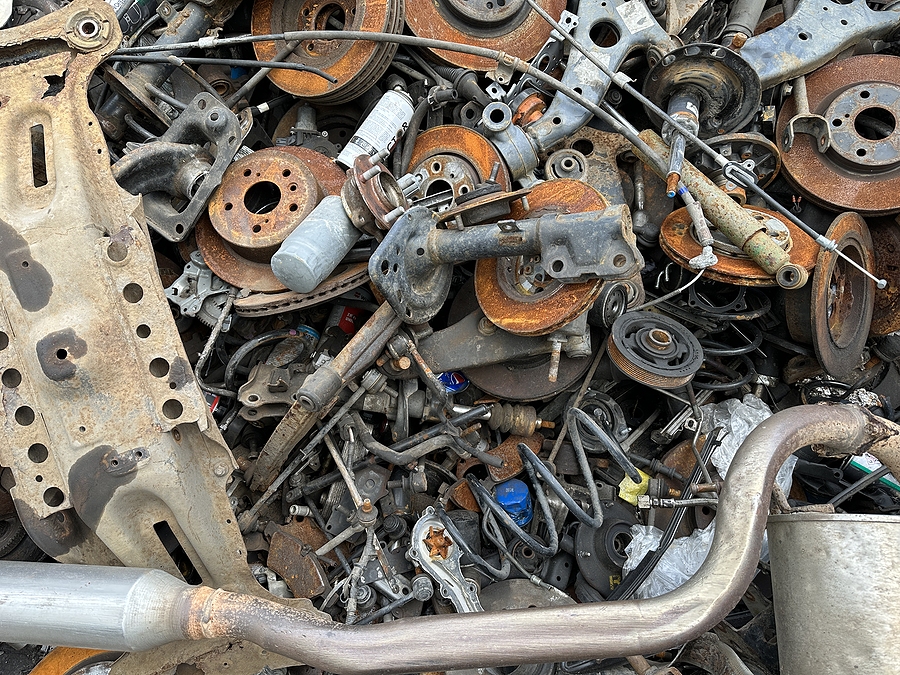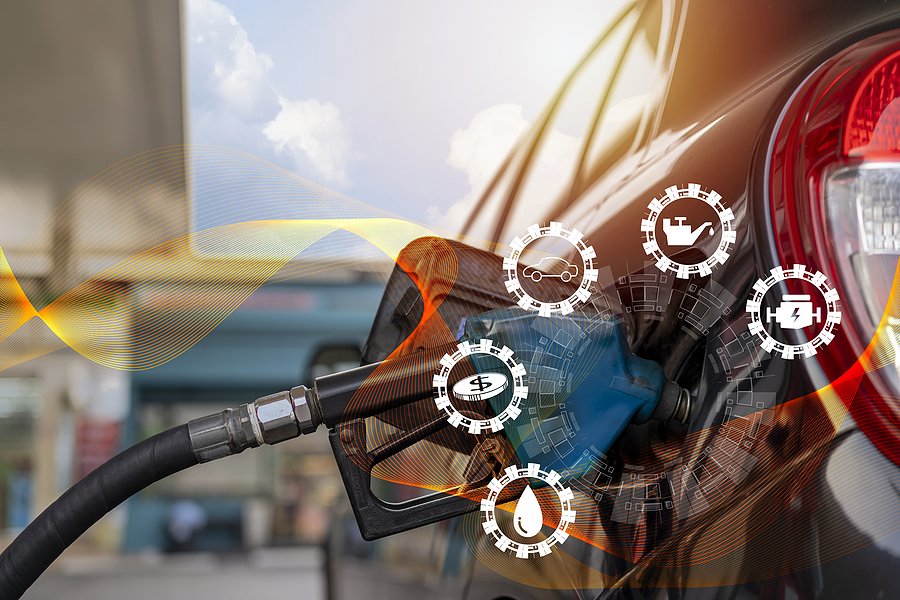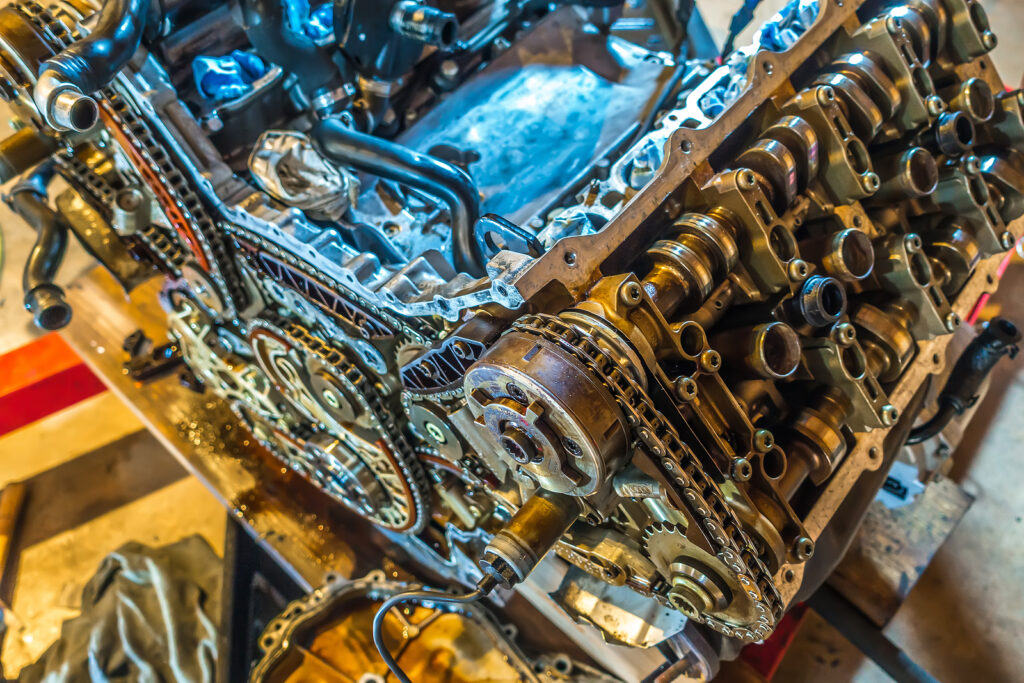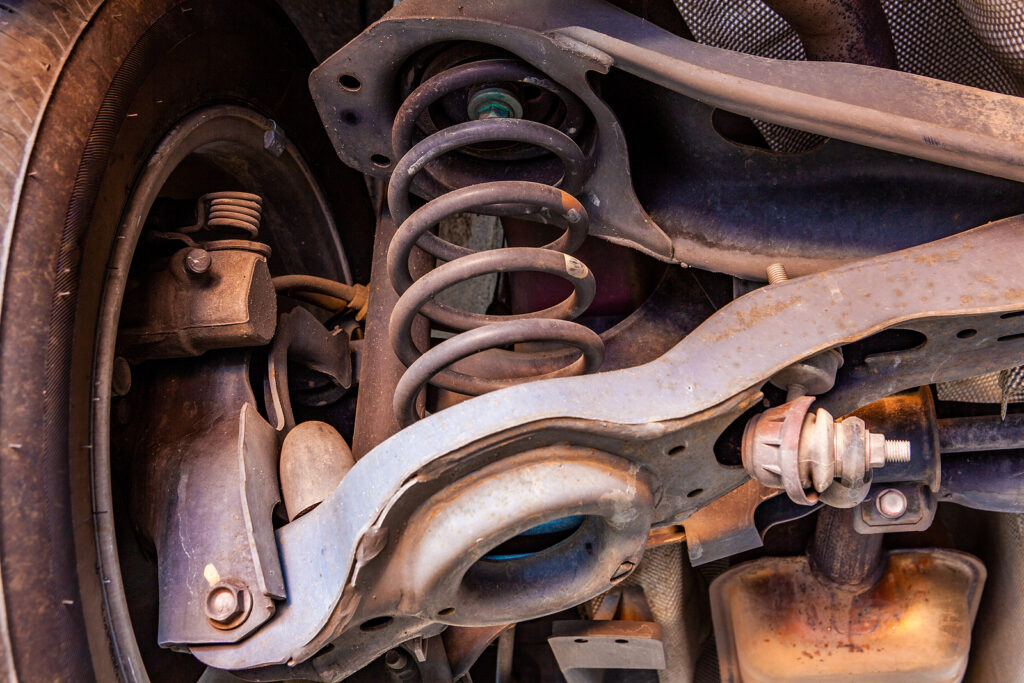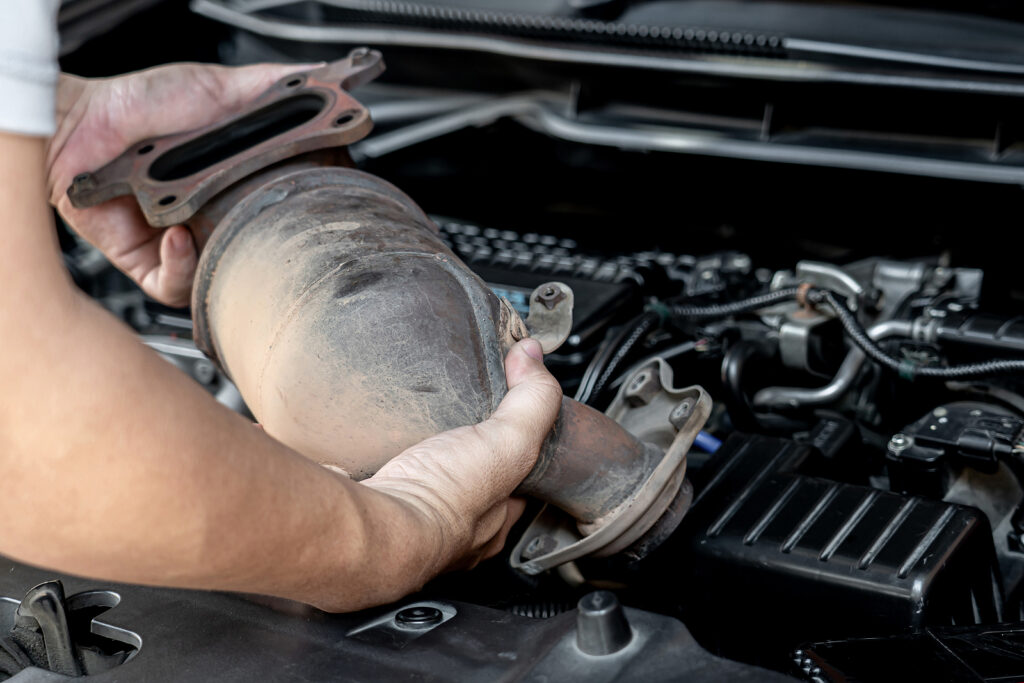Your car’s heartbeat, the unsung hero of every ignition, is its battery. An automotive necessity shrouded in mystery for many drivers, the car battery is the sole source of energy that gets your vehicle moving. Before it’s time to wave goodbye to that flickering dashboard light, knowing the ins and outs of purchasing a new car battery can save you from a rollicking roadside hassle. This complete guide will lead you through the complexities of car battery replacement, helping you make an informed decision that keeps your wheels turning.
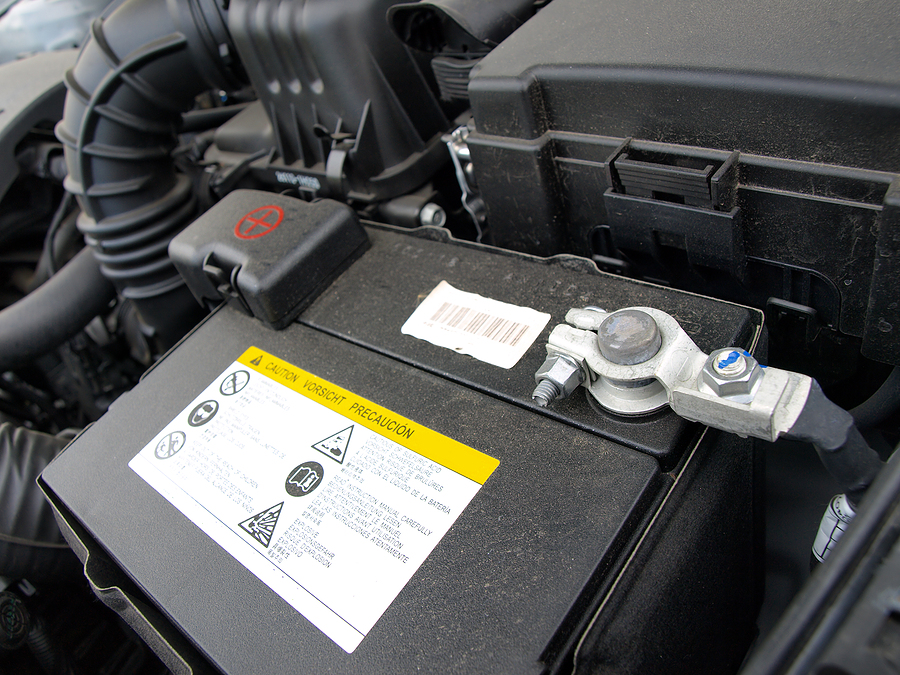
The Role of a Car Battery
Understanding the purpose of a car battery is crucial in appreciating its necessity. Think of it as the muscle that kick-starts every function in your vehicle, from powering the ignition system to lighting up the instrument panel, headlights, and keeping the cold air blasting on a toasty winter morning. It’s the stalwart power source for all on-board electrical needs when your car’s engine isn’t running.
Most Common Types of Car Batteries
Not all car batteries are created equal. Here’s a brief overview of the most common types:
Lead-Acid Batteries
Among the oldest and most affordable options, lead-acid batteries are robust and dependable. They’re filled with a mixture of water and sulfuric acid, featuring lead plates and producing electricity through a simple chemical reaction.
Absorbent Glass Mat (AGM) Batteries
AGM batteries represent a step forward in battery technology, as they use a fiberglass mat to soak up the electrolyte. This construction not only makes them spill-proof but also provides improved efficiency and durability.
Lithium-Ion Batteries
Most commonly found in newer models or hybrids, lithium-ion batteries are lightweight and offer impressive energy density. They’re known for their ability to handle repeated deep discharges, making them ideal for stop-start applications.
Factors to Consider When Buying a New Automotive Battery
☑ Battery Size and Fit
Ensuring the battery’s size and terminal placement suits your vehicle’s requirements is step one. An ill-fitting battery can cause a myriad of issues, from mechanical damage to electrical shorts.
☑ Cold-Cranking Amps (CCA)
CCAs measure the battery’s ability to start your car in cold temperatures when the engine oil is thicker. Choosing a battery with the right CCA rating for your climate is vital.
☑ Reserve Capacity (RC)
RC is the number of minutes a battery can supply the electrical needs of your vehicle if the alternator fails. It’s a critical consideration for those in more extreme climates or with a significant reliance on aftermarket electrical add-ons.
☑ Maintenance Requirements
Some batteries require periodic checks and the addition of distilled water. Consider your maintenance comfort level before purchase.
Choosing the Right Battery for Your Vehicle
When it comes to selecting a new car battery, it’s about more than just a direct replacement. Here’s what to keep in mind:
☑ Matching the Battery to Your Car’s Specifications
Consult your vehicle’s manual or an automotive professional to ensure you’re purchasing a battery that adheres to the manufacturer’s guidelines.
☑ Considering Climate and Driving Habits
Extreme temperatures can drastically alter a battery’s performance. If you’re a frequent cold starter or regularly drive in hot conditions, you need a battery that can handle the strain.
☑ Battery Longevity and Warranties
Opting for a battery with a solid track record and a lengthy warranty can ensure you get the most for your money.
Maintaining and Extending Battery Life
Once you’ve got the right battery, keeping it in top condition is critical. Here are some maintenance pointers.
► Check the battery terminals for corrosion and clean as needed.
► Look out for signs of damage, such as leaks, swelling, or cracked casing.
► Ensure the battery is secure in its mounting to avoid vibration damage.
► Turn off all lights and electronics when the engine is off.
► Use a trickle charger during long periods of inactivity.
► Limit short trips, which can prevent the battery from reaching a full state of charge.
Safe Car Battery Disposal
The end of your battery’s lifecycle is just as important as any other stage. Car batteries are filled with toxic materials and should never be disposed of with regular household waste. Leakage can lead to environmental damage and potential health risks. Many auto parts stores, scrapyards, and recycling centers actually pay you for your old car battery. It’s not only an environmentally sound practice but can put a little money back in your pocket.
Key Takeaways
By following this buying guide, you will be well-equipped to choose the right battery for your car. Remember, the key is careful consideration of your vehicle’s needs and your own maintenance habits. New car batteries don’t just keep your vehicle on the road; they ensure you’re operating safely and efficiently. It’s not a purchase to take lightly, but it’s one that can have a powerful impact on your automotive experience. Choose wisely, maintain diligently, and dispose of thoughtfully, and your car battery will faithfully power your journeys.
Now that you have a new car battery, are you ready to sell your old one for cash on the spot? Contact GC’s Junk Cars at 513-991-4776 to receive a free offer from a licensed auto scrapper in Cincinnati, Ohio. We adhere to all local and EPA regulations for safe car battery disposal and auto parts recycling. Trust us for the highest payout and easiest scrapping process!
Related Posts:
How to Jumpstart a Car With a Dead Battery
Industry Insights: The Growing Market for Junk Car Parts
Tips for Properly Maintaining an Antique Car While in Storage

